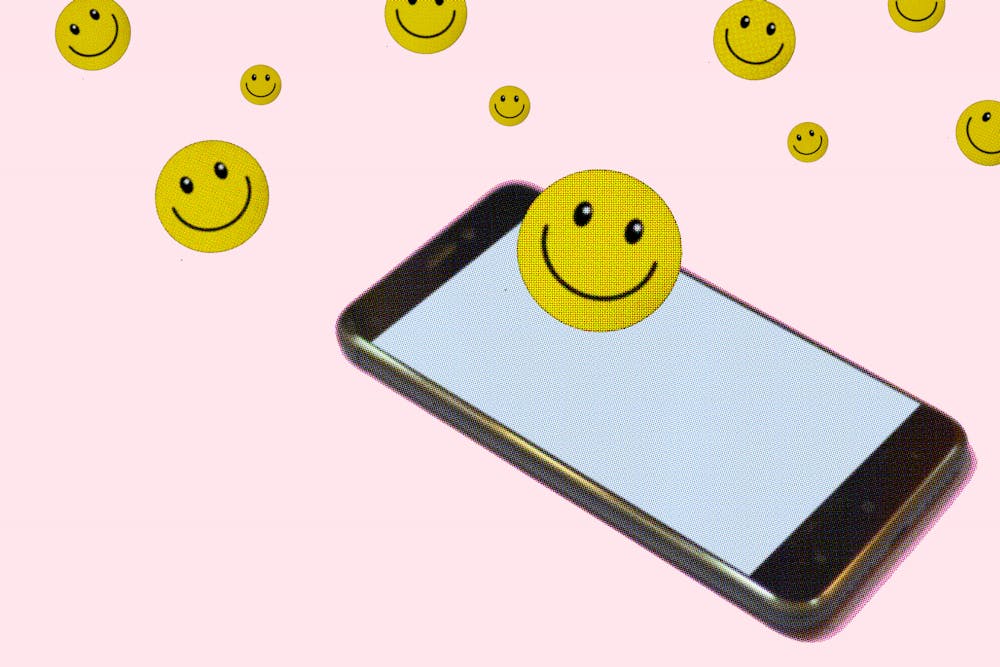In recent years, Generation Z—aka anyone born 1997 onward—has risen to prominence as the loneliest and most anxiety–ridden generation. From a 2018 poll by the Pew Research Center, 70 percent of American teens reported depression and anxiety as a “major problem,” and in an American Psychological Association (APA) study of Gen Z in 2018, Gen Z is found to be the least likely generation to report good or excellent mental health. Uncertainty plagues the generation, from climate change and political polarization to school shootings and police brutality. Feelings of instability and disillusionment surround the present and future and can generate feelings of worry, loneliness, and depression.
However, Generation Z has found an outlet to cope through any ordeal: humor. And in the digitalized age of accessibility and widespread information, there is an apparent reliance on viral Internet memes and TikTok videos in order to relate, communicate, and bond together as a community.
The phenomenon of meme culture corresponds to the philosophy of Gen Z itself; it reflects the generation’s nihilistic and absurdist approach of laughing in the face of difficult times. Such a culture and mindset can be seen in an essay by Albert Camus titled the “Myth of Sisyphus.” Like Sisyphus, doomed for eternity to roll a rock up a hill for the rest of his life, the story details the futile existence of humanity. And because societal events have made our generation collectively disillusioned and distrustful, we should learn to embrace and accept the absurd through memes and humorous content.
Popular moments of meme culture range from joking posts about getting drafted at the possible outbreak of World War III to satiric posts about the COVID–19 pandemic. Nuvo Magazine describes the culture as, “the new generations’ method of coping.”
One of the main aspects of Gen Z’s dark humor is the choice to highlight tragedies by framing them with humor. They are brutally honest with what occurs in the world, and Gen Z’s self–awareness surrounding pressing issues drives them to package information in a more emotionally–digestible manner so that they can be advertised as relatable to the public.
In regard to the generation's humor, the Charleston Gazette–Mail writes, “The reason Gen Z uses so much humor is because it is very much easier to face serious topics when you are also joking about them—it’s not as crude and bad as it might seem. While keeping it respectful, it is a lot easier than seriously discussing the issues we face in the world today.”
Another interpretation of the new wave of Gen Z humor is as a method to destigmatize topics previously associated with negative connotations—allowing the generation to be more open with subjects that were once deemed unfit to speak about. In The Coat of Arms publication from Menlo’s Upper School, an article titled, “Students Cope With Reality Through Memes and Dark Humor,” touches on “de-tabooing” topics that weren’t talked about in the past. “The conversation surrounding [hard topics] is more open than in previous generations,” senior student Sidney Peña said, “but it’s hard to have a serious conversation about topics like race and sexuality without being uncomfortable, and that’s what draws us to humor.”
Whether Gen Z’s use of humor as a coping mechanism is actually detrimental or beneficial to the generation is still debatable. Some may view the constant magnification of dark mental health jokes as encouragement of anxiety and depression, perhaps even romanticizing the mental health concerns. Therapists view Gen Z’s usage of humor to cope with their mental health as a negative coping skill rather than a positive one. However, some also believe that Gen Z’s reliance on humor makes them a rather optimistic generation, as they acknowledge the wrong in the world and understand that there is much to be done to correct it.
Regarding any viewpoint, Gen Z’s approach to mental health and societal problems truly is a curious and unique case. It has become the voice of a generation, redefining the way we communicate and connect with one another.







